Yangon, July 4 (V7N) – It has been nearly four decades since the people of Myanmar rose up in 1988 against military rule, with hopes of establishing democracy. Led initially by students, the mass uprising forced military strongman Ne Win to step down. However, genuine democratic governance has remained out of reach ever since. Thirty-seven years later, the country continues to grapple with authoritarian control, raising a difficult question: why has democracy eluded Myanmar for so long?
Since the 1988 uprising, the people of Myanmar have employed a wide range of tactics in their pursuit of democratic reform—nonviolent protests, participation in elections, international diplomatic appeals, religious mobilizations, and even armed resistance. Yet, at every turn, the military has used brutal force to suppress these efforts.
In 1990, the pro-democracy National League for Democracy (NLD) secured a landslide victory in national elections. The military, however, refused to recognize the results. Thirty years later, history repeated itself in 2020, when the NLD again won decisively, only to be ousted by the military in a coup in February 2021. The refusal of the armed forces to honor electoral outcomes has become a defining pattern in the nation's political crisis.
The role of Buddhist monks in Myanmar’s democratic movement has also been historically significant. In 2007, during the Saffron Revolution, thousands of monks led peaceful protests against military oppression. Yet, even these nonviolent demonstrations were met with violent crackdowns by security forces.
Unlike many countries where civil resistance has paved the way for democratic transition, Myanmar’s military remains an immovable force, consistently undermining the will of its people. Analysts suggest that deeply entrenched military dominance in politics and the economy, combined with weak international accountability, has allowed successive regimes to hold onto power.
Despite international condemnation and periodic sanctions, the Myanmar military continues to operate with near impunity. The ongoing conflict between junta forces and various ethnic armed groups has further destabilized the country, making the path to democracy increasingly uncertain.
As Myanmar marks 37 years since the 1988 uprising, the resilience of its people remains evident. Yet, without structural reform, international support, and a weakening of military dominance, true democratic transition continues to remain out of reach.
END/WD/SMA/



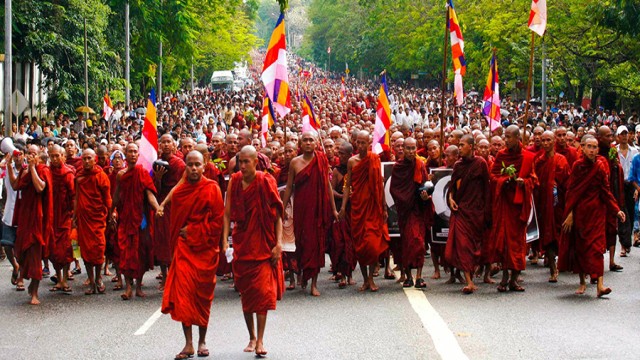
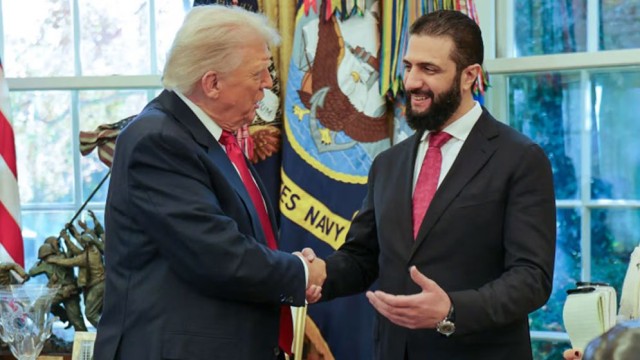
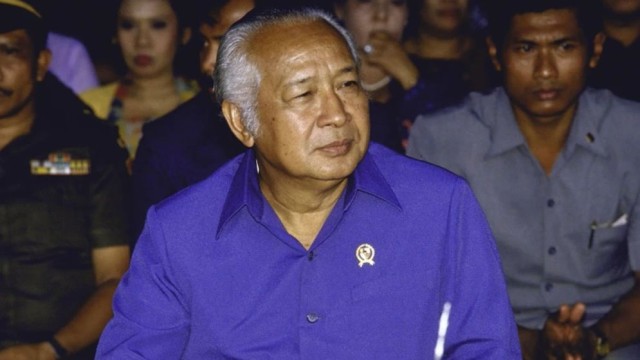
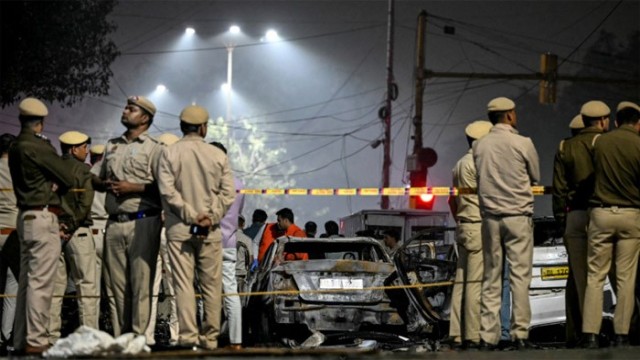
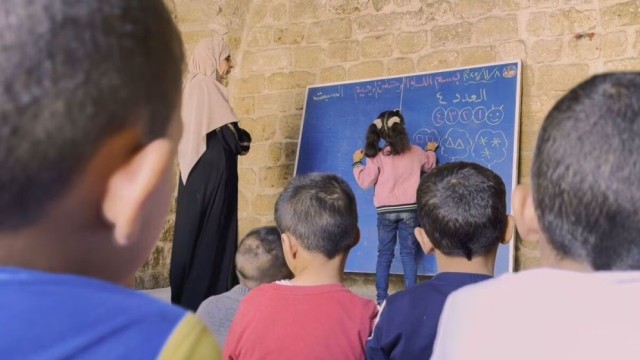
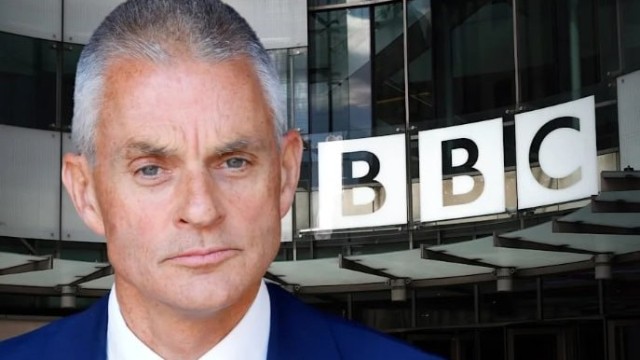
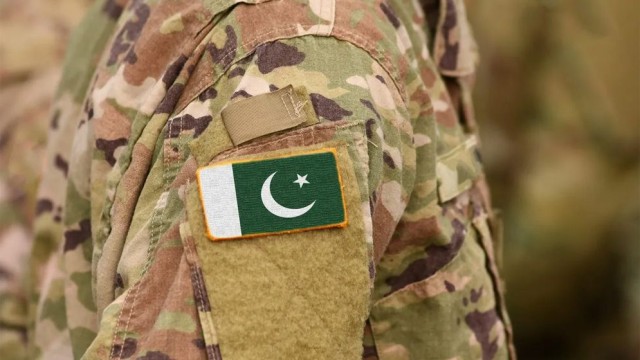
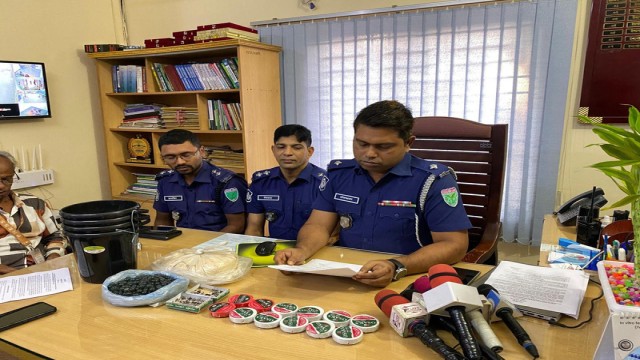
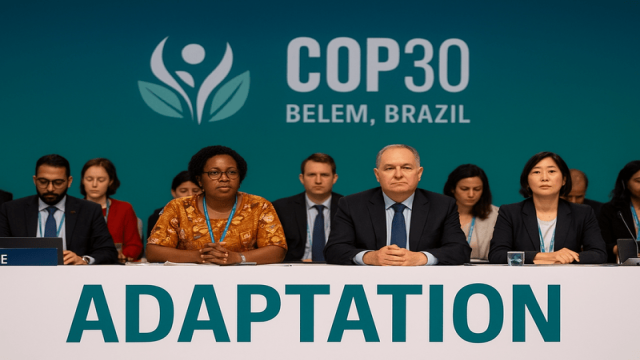
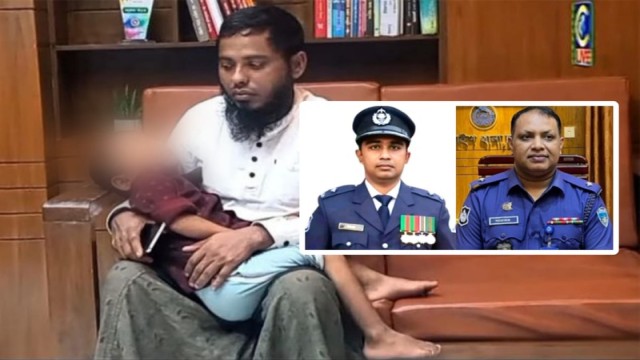
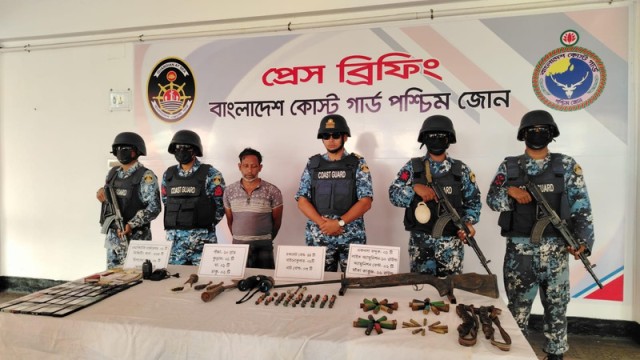
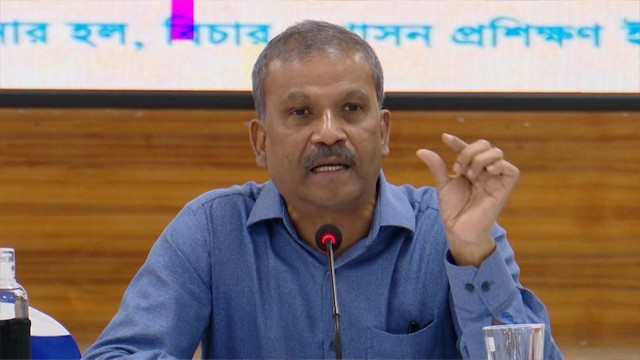
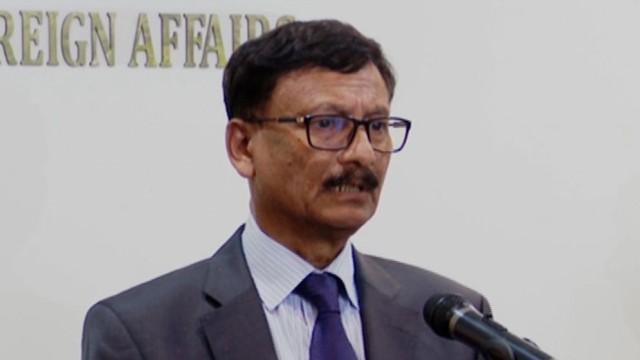
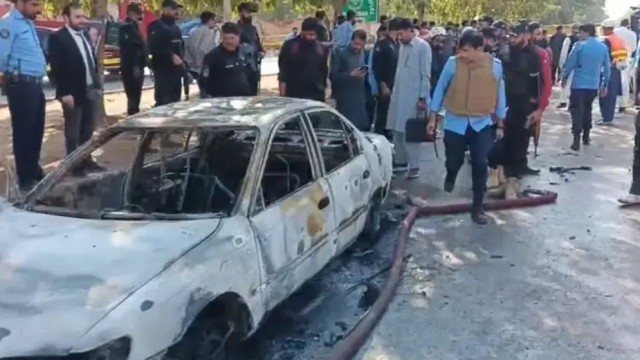
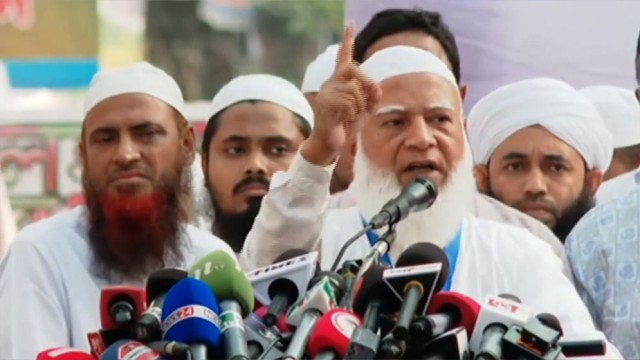
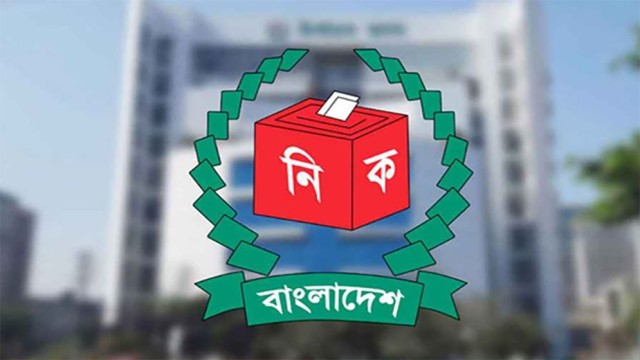


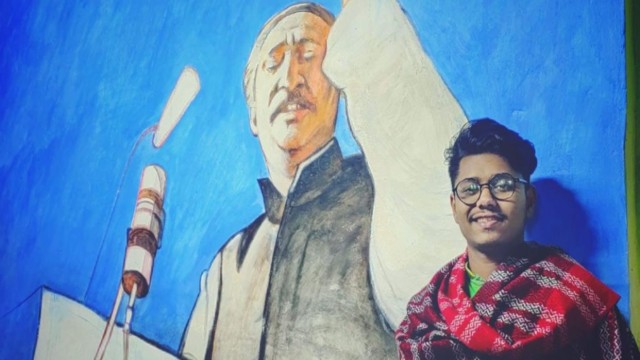
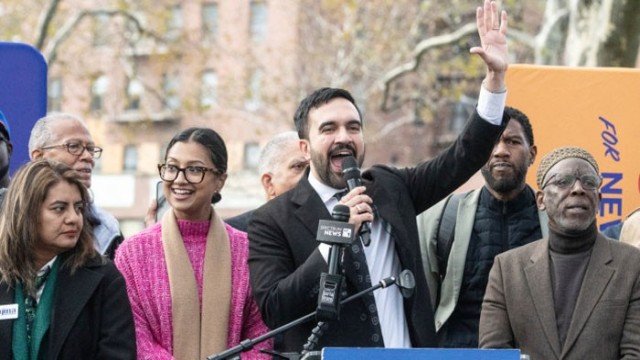





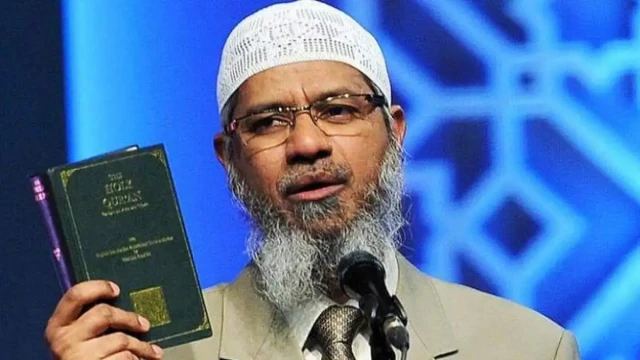
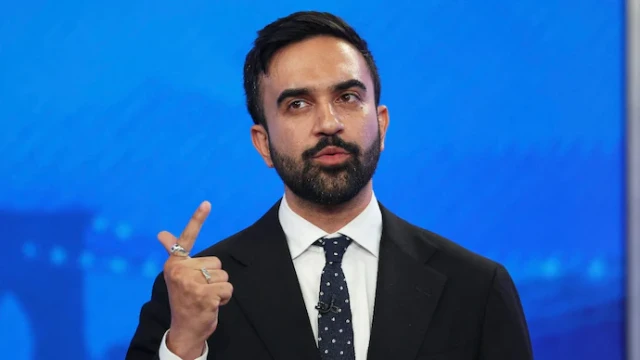
Comment: